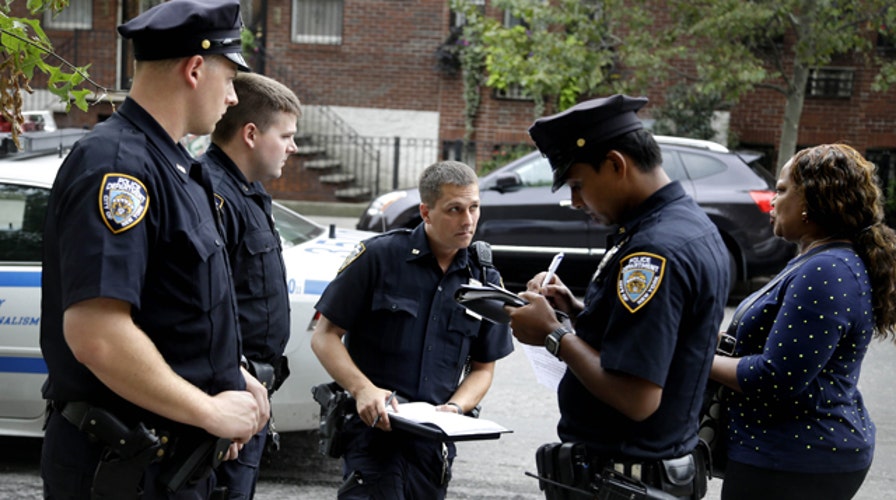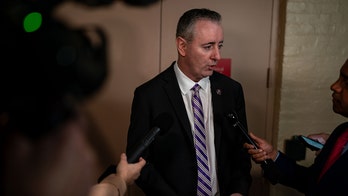Stop and Frisk ruling a potential problem for New York?
Tom Ruskin on the recent ruling concerning the NYPD's stop and frisk policy
A federal judge ruled Monday that the New York Police Department violated the civil rights of New Yorkers with its broad "stop-and-frisk" policy, in a blow to the Bloomberg administration.
Mayor Michael Bloomberg, within hours of the decision, vowed to appeal. He said at a news conference Monday that the judge displayed a "disturbing disregard" for the "good intentions" of police officers.
While Bloomberg has argued that the policy has helped fight crime and save lives, U.S. District Court Judge Shira Scheindlin called for an independent monitor to oversee major changes to the policy.
She did not end the policy, instead saying an independent monitor would develop an initial set of reforms to the policies, training, supervision, monitoring and discipline.
"The city's highest officials have turned a blind eye to the evidence that officers are conducting stops in a racially discriminatory manner," she wrote. "In their zeal to defend a policy that they believe to be effective, they have willfully ignored overwhelming proof that the policy of targeting "the right people" is racially discriminatory."
Daily politics news delivered to your inbox: sign up for our newsletter
Police brass received warnings since at least 1999 that officers were violating rights, she said. "Despite this notice, they deliberately maintained and even escalated policies and practices that predictably resulted in even more widespread Fourth Amendment violations," she wrote in a lengthy opinion.
She also cited violations of the Fourth Amendment protection against unreasonable search and seizure.
"Far too many people in New York City have been deprived of this basic freedom far too often," she said. "The NYPD's practice of making stops that lack individualized reasonable suspicion has been so pervasive and persistent as to become not only a part of the NYPD's standard operating procedure, but a fact of daily life in some New York City neighborhoods."
Four men sued the department in 2004, saying they were unfairly targeted because of their race. There have been about 5 million stops during the past decade, mostly black and Hispanic men. Scheindlin issued her ruling after a 10-week bench trial, which included testimony from top NYPD brass and a dozen people -- 11 men and one woman -- who said they were wrongly stopped because of their race.
Stop and frisk is a constitutional police tactic, but Scheindlin concluded that the plaintiffs had "readily established that the NYPD implements its policies regarding stop and frisk in a manner that intentionally discriminates based on race."
She said, through paperwork alone, she determined at least 200,000 stops were made without reasonable suspicion, the necessary legal benchmark, lower than the standard of probable cause needed to justify an arrest.
The class-action lawsuit was the largest and most broad legal action against the policy at the nation's biggest police department, and it may have an effect on how other police departments make street stops, legal experts said.
City lawyers argued the department does a good job policing itself with an internal affairs bureau, a civilian complaint board and quality assurance divisions.
Scheindlin appointed Peter L. Zimroth, the city's former lead attorney and previously a chief assistant district attorney, as the monitor. In both roles, Zimroth worked closely with the NYPD, the judge said. He did not respond to a call seeking comment.
The Associated Press contributed to this report.





